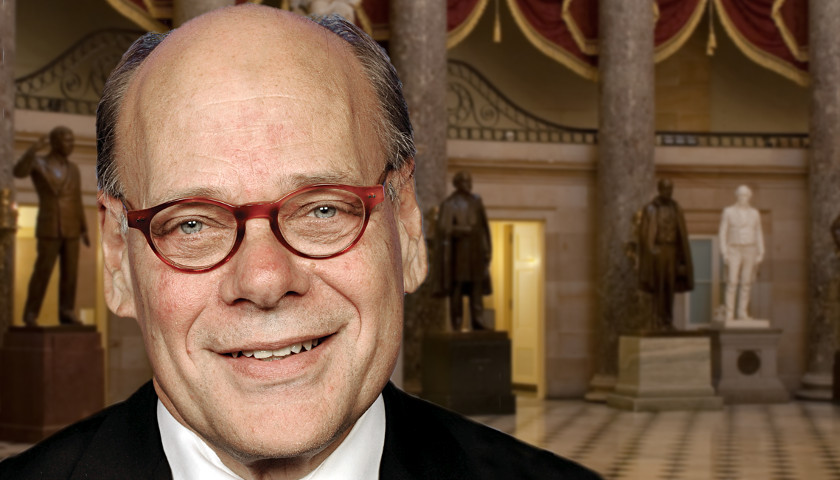Memphis-area U.S. Representative Steve Cohen (D-TN-09) may want to do away with the country’s Electoral College, but scholars and journalists alike – even liberal ones – have said in years past that it’s a bad idea.
As The Tennessee Star reported, Cohen, a senior member of the House Judiciary Committee, has introduced a bill to eliminate the Electoral College used to select U.S. presidents.
Cohen, of course, is unhappy that current Republican President Donald Trump took the presidency by winning the electoral college but not the popular vote.
But many people say Cohen’s perspective is a flawed one.
The Washington, D.C.-based Brookings Institution, for example, cited the 2000 presidential election where George W. Bush prevailed over Al Gore in the electoral college but not the popular vote.
“Whoever won, Bush or Gore, it was going to be by a hairsbreadth. Because of the Electoral College, we did not have to recount the whole nation. Instead we could focus on a more manageable task—recounting the state of Florida,” according to the Brookings Institution.
“Imagine the problems that would arise, tensions that would exist, and the claims of illegitimacy likely to follow if the entire nation had to be counted, and then recounted to ascertain the results of the election.”
The left-leaning Slate.com, meanwhile, said the Electoral College forces candidates “to focus their campaign efforts on the toss-up states; that follows directly from the candidates’ lack of inducement to campaign in states they are sure to win,” the website said.
“Voters in toss-up states are more likely to pay close attention to the campaign—to really listen to the competing candidates—knowing that they are going to decide the election. They are likely to be the most thoughtful voters, on average (and for the further reason that they will have received the most information and attention from the candidates), and the most thoughtful voters should be the ones to decide the election.”
The Washington Post, meanwhile, said the Electoral College “actually keeps presidential elections from going undemocratically awry because it makes unlikely the possibility that third-party candidates will garner enough votes to make it onto the electoral scoreboard.”
“Without the electoral college, there would be no effective brake on the number of ‘viable’ presidential candidates,” The Post reported, adding:
Abolish it, and it would not be difficult to imagine a scenario where, in a field of a dozen micro-candidates, the ‘winner’ only needs 10 percent of the vote, and represents less than 5 percent of the electorate. And presidents elected with smaller and smaller pluralities will only aggravate the sense that an elected president is governing without a real electoral mandate.
USA Today’s editorial board weighed in in 2016, immediately after Trump defeated Democrat Hillary Clinton.
“Democrats are the wounded party now, but going into this election they thought they had a ‘blue firewall’ of states that gave them a big Electoral College advantage,” according to members of the board.
“The way to win is to run better campaigns and better candidates under the existing rules, not try to change the rules after a painful loss.”
– – –
Chris Butler is an investigative journalist at The Tennessee Star. Follow Chris on Facebook. Email tips to [email protected].





